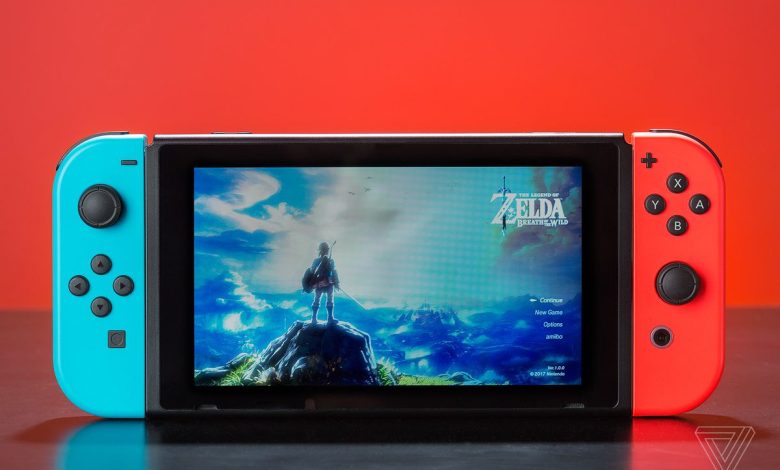Electronic Games Can Teach US ?

Mayer set out to review robust experiments that examined what people can learn from games.
Though he is skeptical of games’ educational potential, other studies have shown that they can be useful in teaching a second language, math, and science.
The objective, he says, is to figure out how to harness any brain-boosting potential for better classroom results.
Read Also: Shocking Remakes About Need For Speed: Underground2 Remastered
Your brain is on games.
Some of the first evidence that gaming may train the brain came from first-person shooter games.
That these oft-maligned games might have benefits was originally found upon by undergraduate studying psychology at the University of Rochester in New York.
C. Shawn Green offered his friends a test of visual attention, and their scores were off the charts.
He and his research supervisor, Daphné Bavelier, concluded there must have been a flaw in his coding of the test.
But when Bavelier took the test, she scored in the typical range.
Check This: Nether Portal Calculator
The difference was that Green’s buddies had all been dedicating more than 10 hours per week to playing Team Fortress Classic.
a first-person shooter version of capture the flag.
Green and Bavelier then extensively retested the notion with persons who were new to gaming.
Read Also: F95Zone: Top 7 Games on F95 Zone
Two Groups Train on Different Types of Games
They had two groups train on different types of games: One group practiced a first-person shooter action game for one hour each day for 10 days.
and the other spent the same amount of time on Tetris, a spatial puzzle game.
The new action gamers were substantially better at focusing on targets of interest in a cluttered.
visually loud area compared with the Tetris players.
The study also showed that the action gamers, on average, could reliably track five moving items in a visual field, compared with the three that non-gamers could track.
As a cognitive neuroscientist presently working at the University of Geneva in Switzerland.
Bavelier claims that action gamers are better able to adjust their visual attention between distributed and concentrated attention (extracting specific facts from a video).
She defines attentional control as the ability to adjust your concentration as the situation demands.
Bavelier, on the other hand, sees the potential for games to encourage children by adding a little “chocolate” to the learning mix.
even if it isn’t clear whether enhancing this kind of attention in the classroom will assist students.
A psychologist at The University of Wisconsin–madison
A cognitive psychologist at the University of Wisconsin–Madison.
Green acknowledges that playing Call of Duty for extended periods may have only limited benefits in the real world.
Green “Surgeons, law enforcement, and members of the military.
for example, have vocations that necessitate heightened visual focus,” he explains.
However, he points out, all games have an associated cost.
Reading and math skills can be harmed if students spend too much time playing video games instead of doing their schoolwork.
Study participants who practiced Tetris were better at spinning two-dimensional shapes than those who played a control game, according to a previous study.
Students who played two hours of the educational game All You Can E.T.
which aims to develop the executive function of switching between activities.
fared better than students who played a word search game in terms of their ability to shift their concentration.
To no one’s surprise, the very abilities that video games aim to hone are the very ones that gamers find up honing over and over again.
Gaming for gains:
Kids stay in their seats, focus on a lesson, and avoid tantrums that disrupt the entire class using inhibition control.
Other methods aren’t as appealing as doing it while playing a pleasant computer game.
“It’s evident that games re-engage kids” who have become disinterested or disengaged, he says.
However, Bavelier doubts that the cognitive skills learned in gaming will be transferable to others.
real-world or classroom contexts.
Playing Gwakkamolé improves inhibitions for those who do, she says.
Even if you can prove that this expertise can be applied in a generic way.
it will be a far more difficult task.
According to Mayer and Plass, the best classroom video games contain particular features.
Each of these games focuses on a single cognitive talent, and it forces players to practice that skill in real-time, with real-time feedback.
At each level of difficulty, there must be an increase in challenge.
This is critical in classrooms when teachers are looking for a game that can be used by students at various levels of ability.
This research is still in its early stages, but I’m confident in my own children’s ever-increasing requests for screen time—especially when they beg to play math-related games.




